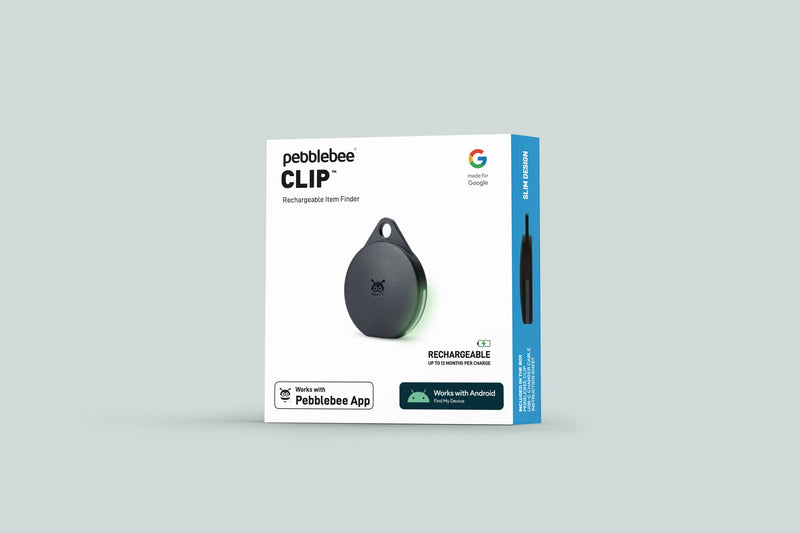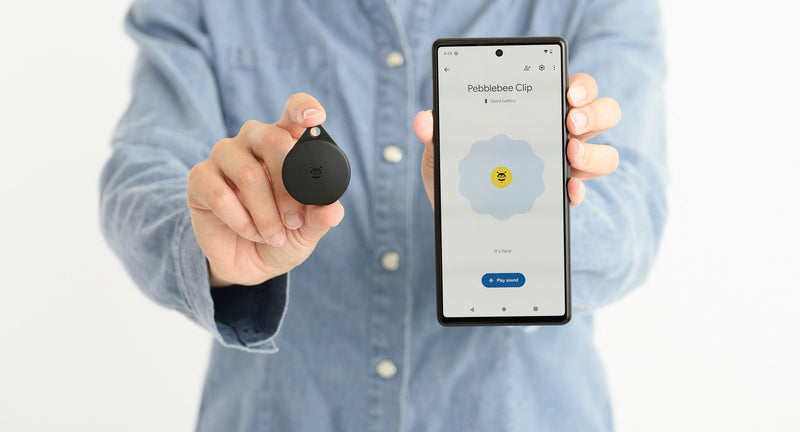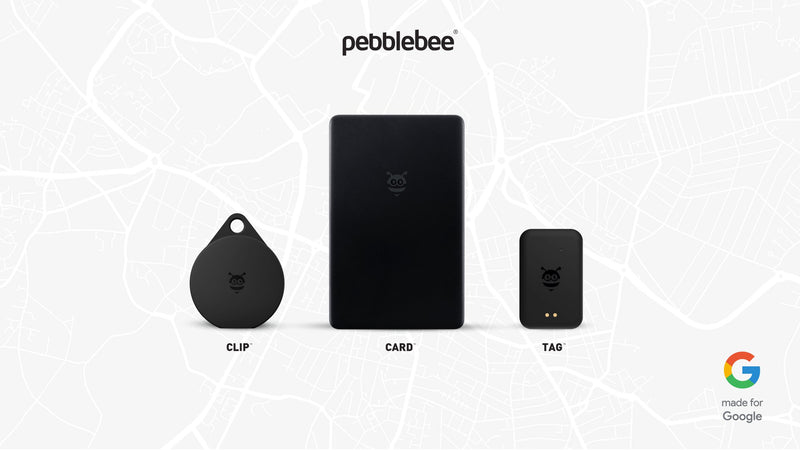From Chaos to Control: 6 Tips to Prevent Losing Your Stuff

The average American loses 9 items every day.
A massive waste of time and productivity comes with each one. Each citizen spends 2.5 days a year looking for them. It's also a massive waste of money. The annual value of lost items is up to $5 billion.
Read our six tips to learn how to stop losing things.
1. Have a Place for Everything
How can you stop misplacing items if they don't have a place to begin with?
Keep your essentials such as your keys and wallet together in one place. This can be a purse, a top drawer, or wherever else will make it easy for you to get to them.
Group other similar items together. Think about where you use them the most often and pick an exact location in that area.
A basket of key hooks by your front door will keep you from searching for the right key. File your important bills and documents together. Put them in a desk drawer and organize them. Keep empty folders nearby for new papers.
If you have more than one TV remote, put them in a container by the sofa. Make sure the smallest ones are in a place where they won't accidentally fall between the sofa cushions.
The most important part to remember is to put them back in their place when you're done with them. Resist the urge to throw them down when you sit on the sofa after a long day of work. It takes a few extra minutes but can save you the time you would have spent looking for them when they got lost.

2. Tidy Your House
Items in a cluttered home become the proverbial needle in a haystack. Most Americans give up and spend $2.7 billion per year replacing them when they're lost. 54% are overwhelmed by the amount of clutter in their home, and 78% have no idea what to do with it.
Getting rid of it is one of the best ways to stop misplacing things. Organizing what you have left is also essential.
Focus on keeping all of your designated spaces clean and organized. Don't let the desk where you keep your important paperwork become cluttered with papers you don't need.
Keep extra areas cleared out for anything new. Do you have a cluttered desk or closet drawer? It may become the perfect spot for your favorite clothes and make it easier to find them.
3. Prepare In Advance
If you're always losing things, you're probably also always late. Even looking for an item as small as a lost key is enough to set you back.
Prevent this by preparing in advance. Pack everything you need for your day before you go to bed. Do the same before leaving a restaurant, bus, or subway.
You'll also move around a lot while you're in these places, and your precious items could fall out. Check your pockets or wherever else you're keeping them. Give them a quick tap or peek to make sure everything is still there.
4. Focus On What You Lose the Most
The most frequently lost items are often are most important. They include:
- Wallets
- Keys
- Suitcases
- Phones
- Glasses
The problem goes beyond losing items. Losing a pet is more common than you may think. 4 million go missing every year in the United States alone. 25% are never found.
Narrow your focus if you're trying to find out how to stop losing things. Think about what you lose the most and spend more time learning how to keep track of it.
Maybe you need a wallet tracker because you always leave it after the store. Maybe you can't live without your phone but have to because you can't keep track of it. Maybe your energetic dog is always getting away.
5. Use Mind Hacks
There are several ways to jog your memory once you realize you've lost an important item.
Human minds thrive on repetition. Try to develop a clear routine of how you use your items and where you put them.
Visualize yourself putting the items in their designated place like you're reading about a character doing it. This will imprint the image on your mind.
Speaking it out loud may work better for you. Tell yourself "the keys are on the computer desk" when you put them away or "the remote is by the sofa" when you sit down to watch TV.
There's also the classic trick of retracing your steps. Make a mental or written list of everywhere you've been for as long as you can remember and check them all.
Focus on your emotions. Start by calming down so you can think clearly. Think of any strong emotions or senses you felt that day to see if they're connected to the reason you misplaced what you're looking for.
The process can even be fun. Brain games and puzzles will strengthen your memory to help you recall the last place you put your items.
6. Use a Tracker
There are times when all the brain games and organization in the world can't keep you from losing your most precious items. That's where a tracker comes in.
Depending on the model, you can use this technology to keep track of your wallet, phone, or even your pets. They'll make a noise that guides you to them
The Pebblebee Clip is an all-purpose tracker. It has a 500-foot range and adjustable volume control. The batteries are rechargeable to keep it going for up to six months on a single charge, and it's also water resistant.
How to Stop Losing Things With Technology
Losing things also means losing time and money, so disciplining yourself to get out of the habit is a worthy investment.
There are several ways to learn how to stop losing things. Focus your efforts on what you lose the most. Remove clutter and give everything a designated space. Make a routine that includes reminding yourself where everything goes.
Visit the Pebblebee store for a full range of products to help you track your prized possessions today.






